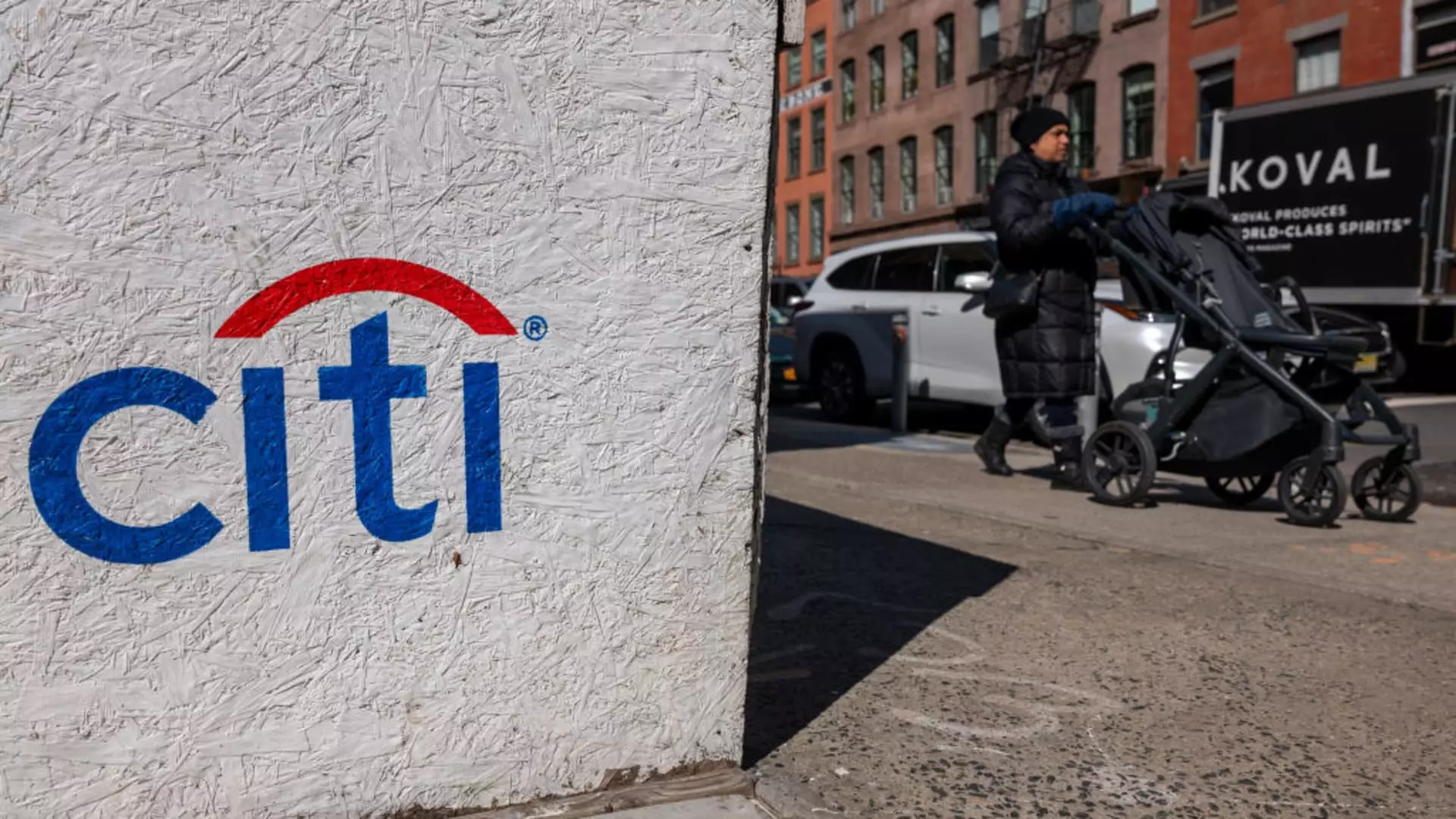British regulators have handed down a hefty fine of £61.6 million to U.S. investment bank Citi for its failures in trading systems and controls. This significant penalty was imposed by both the Prudential Regulation Authority and the Financial Conduct Authority following an investigation that focused on the period between April 1, 2018, and May 31, 2022.
The regulators emphasized the importance of having effective controls in place for managing the risks associated with trading activities. Despite this requirement, CGML (Citigroup Global Markets Limited) fell short of meeting the expected standards in this area, resulting in the substantial fine that was imposed on the bank. These failings led to several trading incidents during the probe period, including notorious “fat-finger” trading blunders.
One of the major incidents that drew attention during the investigation occurred on May 2. This incident, along with other system and control issues, demonstrated the inadequacies in Citi’s trading infrastructure that ultimately contributed to regulatory scrutiny and the subsequent fines.
Response from Citi
Despite being penalized for their shortcomings, Citi expressed a sense of relief in resolving the matter that dated back over two years. The bank attributed the issues to an individual error that was quickly rectified within minutes. In response to the regulatory findings, Citi took immediate steps to bolster its systems and controls to prevent such incidents from occurring in the future.
Commitment to Compliance
A spokesperson for Citi reassured the public that the bank is fully committed to ensuring compliance with regulatory requirements. By acknowledging and addressing the gaps in their trading operations, Citi aims to instill confidence in its stakeholders and uphold the necessary standards of risk management and control.
The fines imposed on Citi serve as a stark reminder of the importance of maintaining robust trading systems and controls in the financial industry. The repercussions of inadequate risk management can be severe, not only in terms of financial penalties but also in terms of reputational damage and loss of trust among investors and regulatory authorities. Citi’s experience underscores the ongoing need for vigilance and proactive measures to mitigate potential risks and safeguard the integrity of the trading environment.

